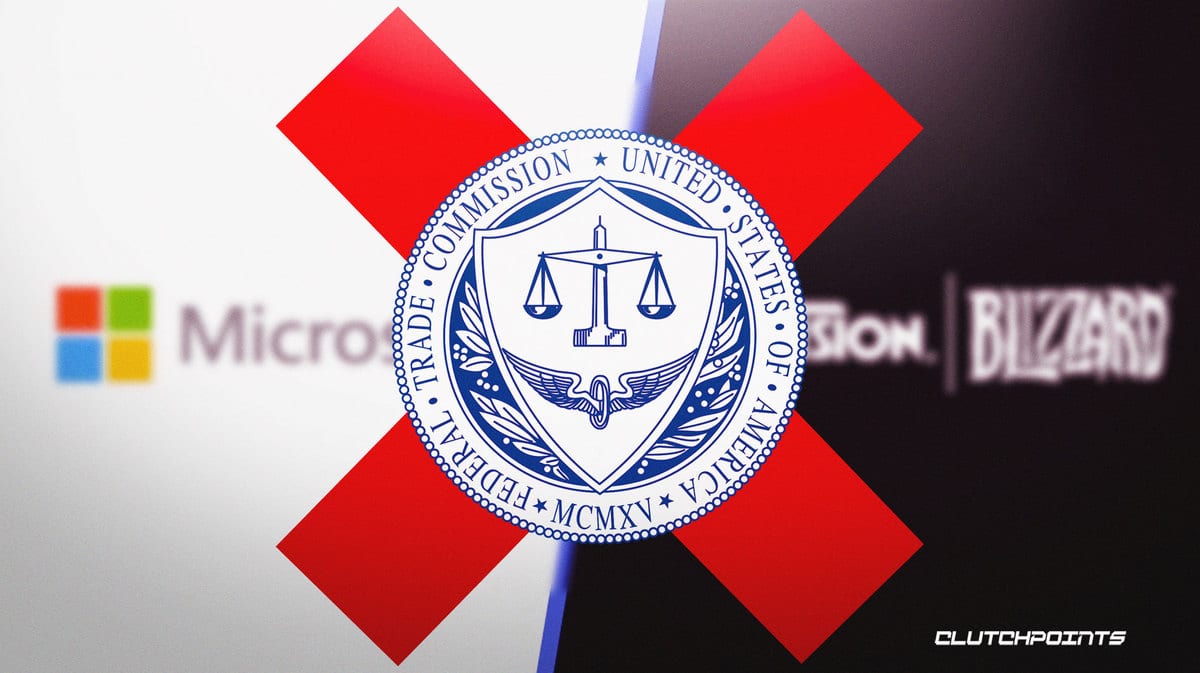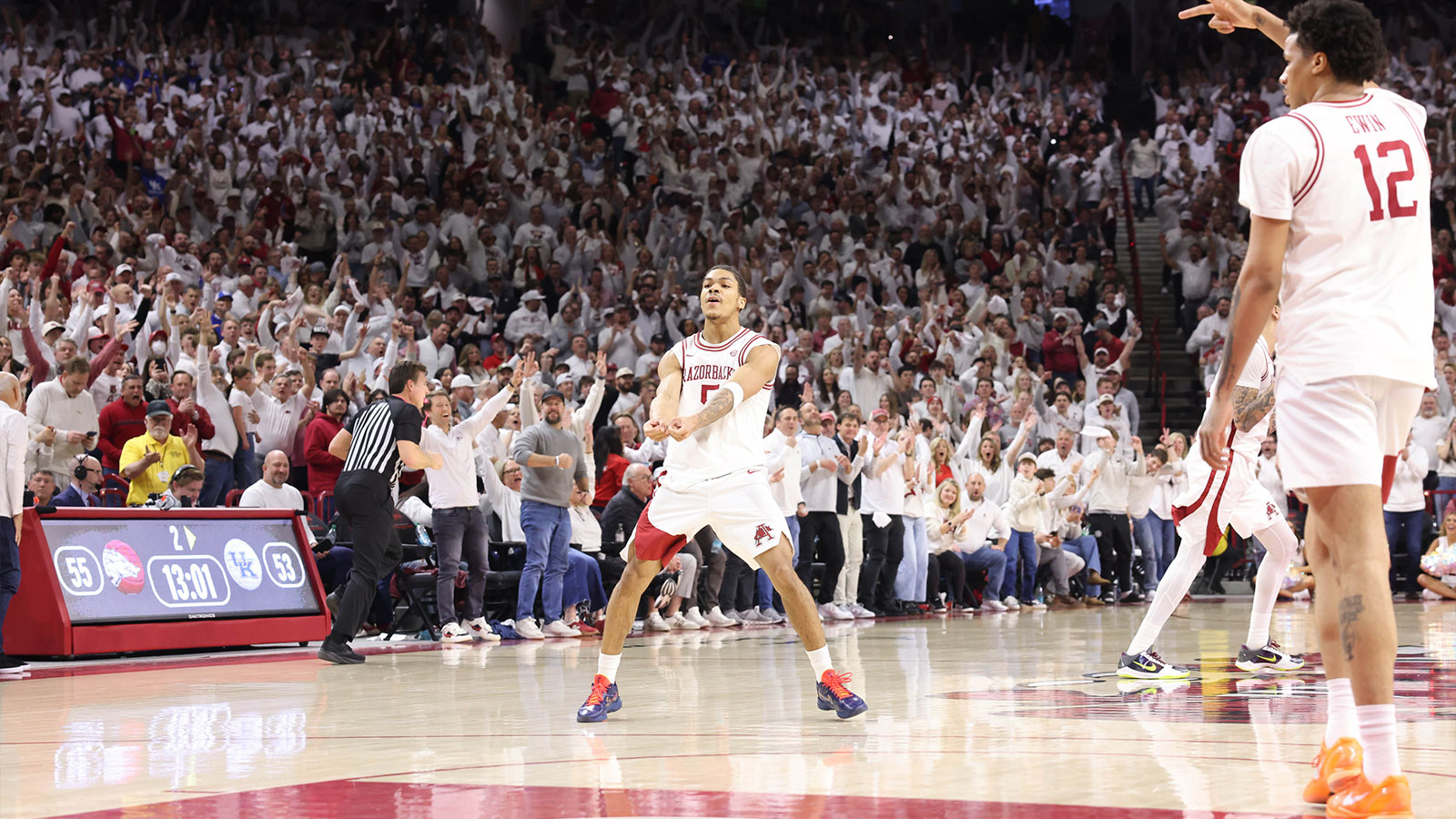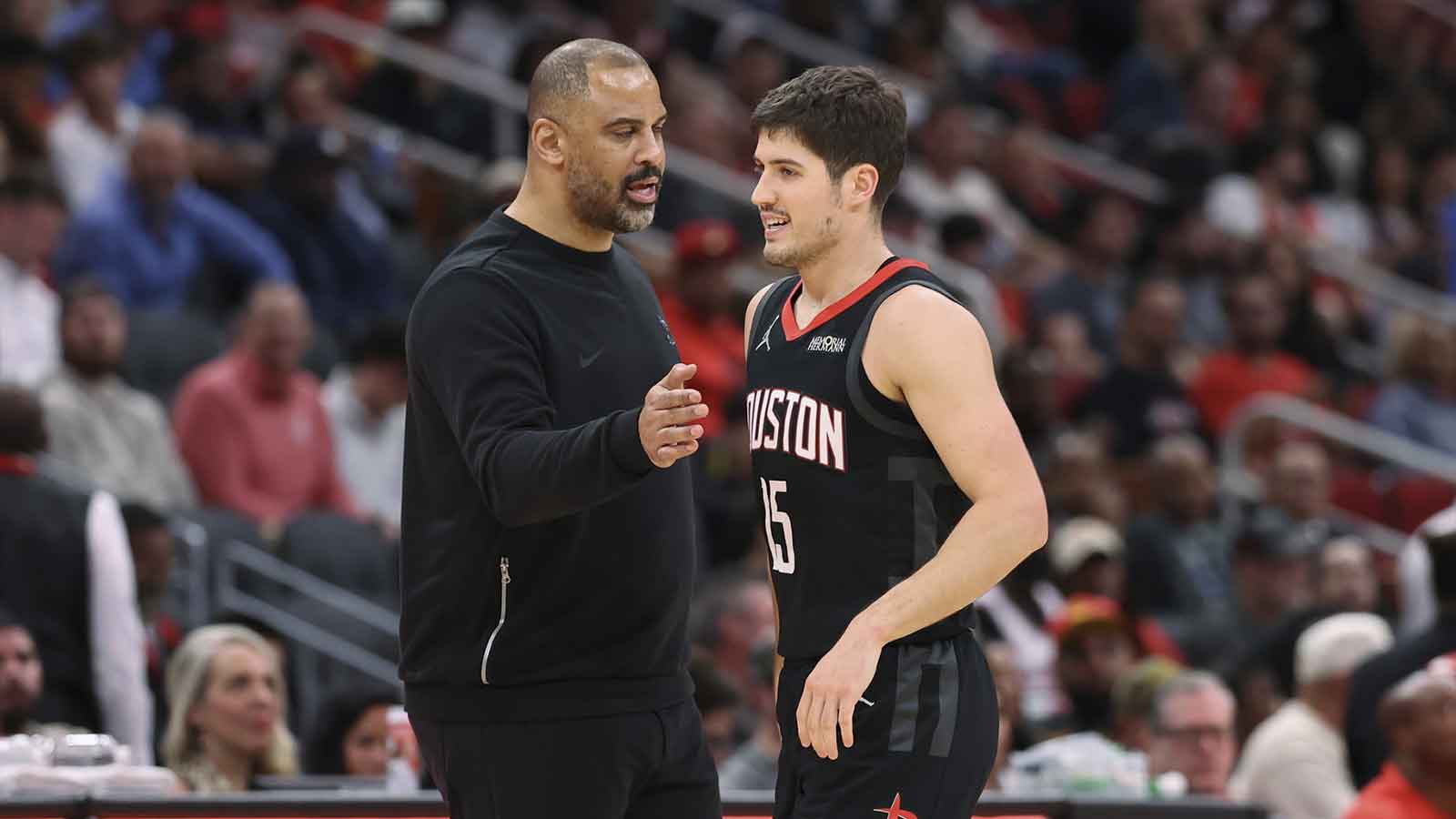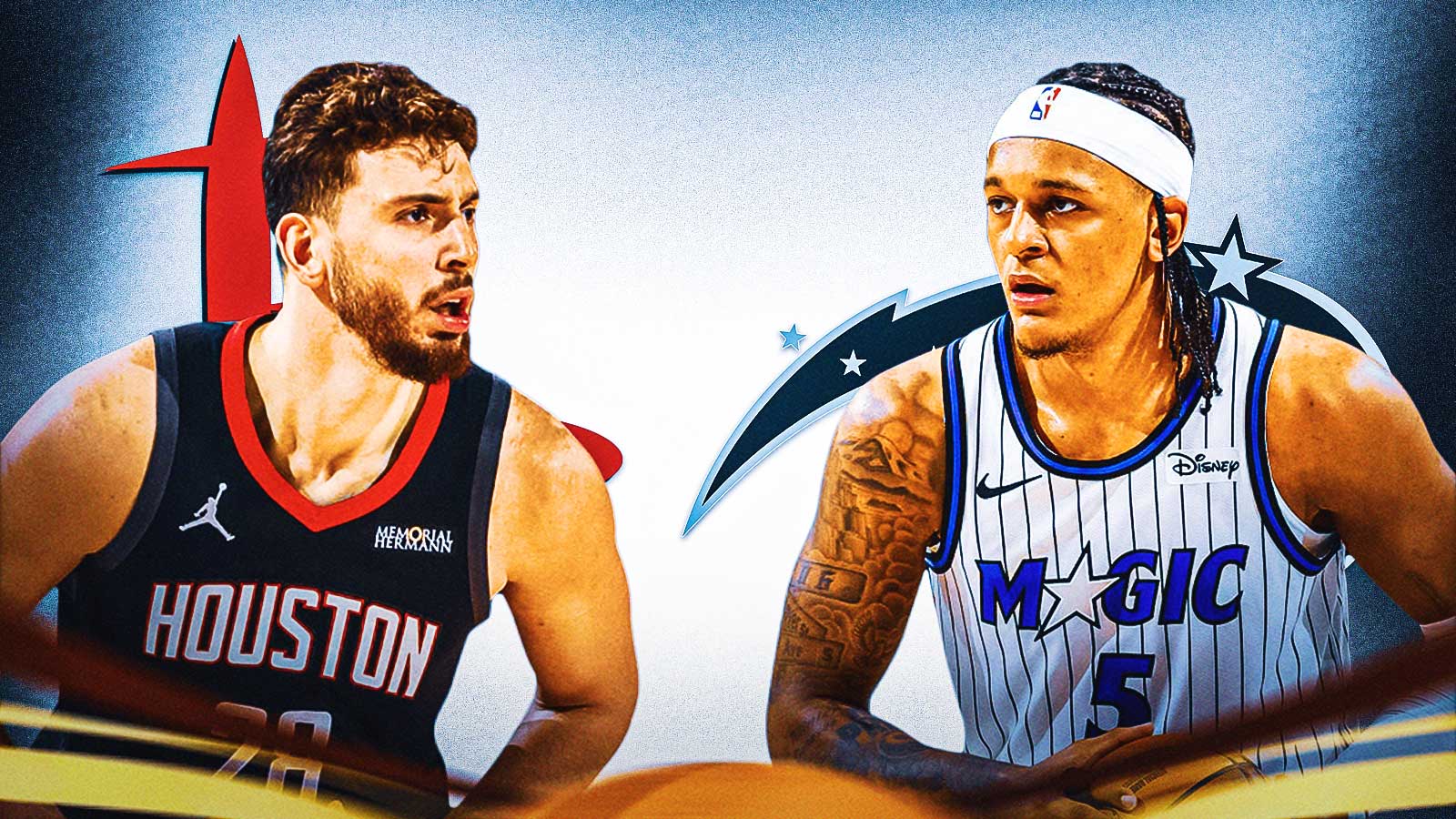In the tech acquisition space, Microsoft's attempt to acquire Activision Blizzard has become a significant matter, encountering regulatory challenges and strategic actions. The international tech company has been scrutinized by several regulatory organizations, particularly the United States Federal Trade Commission (FTC).
The FTC has consistently opposed the tech company’s efforts, regularly promoting the prevention of the acquisition to maintain competition in the video game industry. Amid concerns about competition and potential market monopoly, the Commission is trying to halt the $69 billion deal between Microsoft and game company Activision Blizzard.
In response to these obstacles, Microsoft has aimed to validate its actions and to highlight the merger's potential benefits for the gaming industry. A key strategy was making a deal with Ubisoft to grant streaming rights for Activision Blizzard releases, which aimed to show the possibility for mutual growth and cooperative relationships in the industry even during major mergers.
However, the FTC, still focused, wanted more investigations into the Ubisoft deal, showing a commitment to detailed examination and a determination to keep a competitive equilibrium in the market. Even though a federal judge ruled against the FTC's efforts to delay the acquisition, the Commission is not showing any intention of backing down, bringing its case to the 9th Circuit appeals to continue its opposition.
A multifaceted issue, the acquisition doesn’t just relate to competition issues but also examines the implications on cloud gaming, a key emerging area in the industry. The Competition and Markets Authority (CMA) also played a key role, initially turning down the merger and expressing concerns about the impact such a power consolidation could have on the developing cloud gaming market.
The ongoing matter shows not only the complexities within tech acquisitions but also shows the many strategies corporations might use to navigate through regulatory compliance and strategic positioning. With the industry and regulators waiting, the CMA's decision is expected, and the acquisition hangs in the balance, on the verge between a significant industry change and regulatory pause.
If the acquisition gets approval, the impacts will be felt throughout the gaming world, with a likely addition of Activision Blizzard games in the Xbox Game Pass subscription service, thereby changing the gaming subscription landscape considerably. Microsoft, despite the regulatory obstacles and the FTC's ongoing involvement, seems close to completing the deal, potentially altering the gaming industry’s future.
In the mixture of legal fights, strategic partnerships, and regulatory examination, the possible Microsoft-Activision Blizzard merger represents the typical conflict between corporate growth and regulatory protection of industry competition. As the industry faces uncertainty, the future of gaming remains unclear, ready to be formed by the upcoming decisions of regulatory organizations and the strategic actions of corporate entities.




















